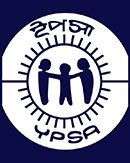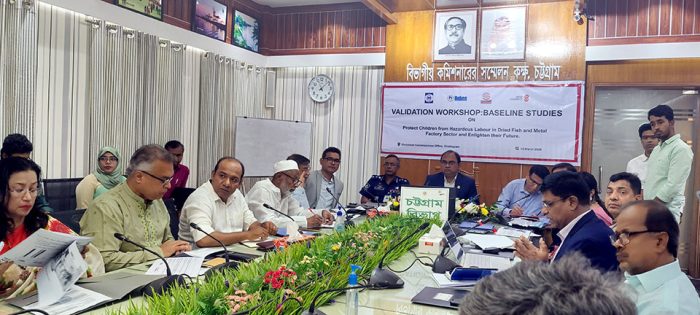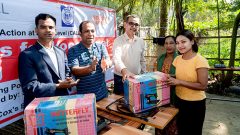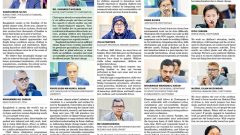“Child labour elimination is not an issue that can be resolved by the government alone. It has a complex dynamics backed by several economic and social factors. The government decided to make the country child labour free by 2025 which is very much challenging to ensure. Only, solid data and comprehensive interventions can help all the concerned to achieve this goal.”
Speakers said this in a workshop titled ‘Baseline Study on Elimination of Child Labor in Hazardous Sectors’ held at the conference hall of the Chattogram Divisional Commissioner’s office, has provided insights into the progress made in combating child labor in hazardous sectors. While significant strides have been made, challenges persist, as revealed by the keynote presentation during the event.

Jointly Organized by Young Power in Social Action (YPSA) and Solidar Suisse, the workshop highlighted a positive trend: a decrease in the number of children engaged in hazardous professions. This decline is attributed to various initiatives undertaken by the government and development organizations.
Notably, sectors such as ship recycling and the ready-made garment industry have been declared child labor-free industries, signaling a step in the right direction.

However, the keynote presentation unveiled contrasting findings compared to the Child Labor Survey. While the survey reported 43% of children having an annual agreement, the workshop revealed a significantly lower figure of only 16% in this context. Additionally, in sectors such as the Dry Fish Sector, 80% of child laborers work seasonally, while in the Metal Factory Sector, a staggering 89% work year-round. The rising work opportunities in the Metal Factory Sector, driven by increasing demand for aluminum products, pose unique challenges in combating child labor effectively. The average working hour of child labour is 9 to 9.5 hours a day.
As the recommendations, the report mentioned that we need to access to social safety net services as it shows that Safety net services among CLs is remarkably low, with only 7 CLs (1.5% received 2 types of services). Access to SSN services should be ensured for these working and deprived children. The child labour should have to age appropriate vocation training courses. The government concerned department like DIFE (Department of Inspection for Factories and Establishments) should collaborate with NGOs working to eliminate child labour from hazardous jobs.

The key note paper were presented by Mohammed Jakaria who, is an independent consultant, has led the Baseline survey and prepared the report on behalf of Solidar Suisse and YPSA.
Addressing the workshop as the chief guest, Chattogram Divisional Commissioner Mohammad Tofayel Islam emphasized the government’s commitment to addressing child labor issues. He highlighted initiatives such as providing new books, uniforms, and stipends to children in primary schools to prevent dropouts and involvement in child labor. Islam expressed satisfaction that these measures have contributed to a gradual decrease in child labor.
In his address, Islam urged all development organizations to collaborate with the government in its mission to eliminate child labor from the country entirely.
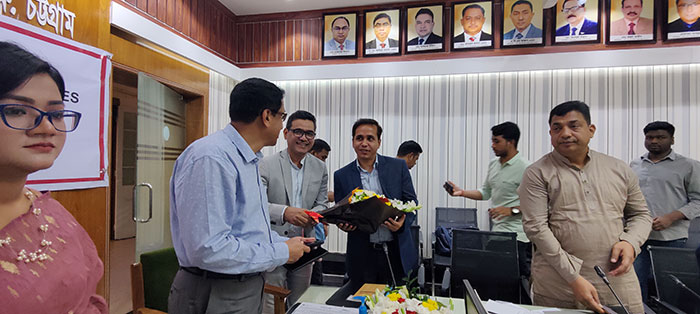
Presided over by Mr. Anwar Pasha, Additional Divisional Commissioner, the workshop featured Md. Arifur Rahman, Chief Executive of YPSA, and Mohammad Amanullah, Country Representative of Solidar Suisse as panel speakers , along with Shipon Chowdhury, Deputy Inspector General of the Directorate of Inspection of Factories and Institutions, as panel speakers.
Mohammad Ali Shahin, Focal person of Advocacy Program at YPSA, and other stakeholders also contributed to the discussions. The meeting was also addressed by Md. Sayeed Hossain, Director, District Information Office, Madhubi Baruar, Deputy Director, Department of Woman Affairs, Dr. Md. Shafiqul Islam, Div. Deputy Director, Department of Primary Education , Chattorgram, Lucky Akter , Technical Officer, Solidar Suisse, Farzana Rahman, MEAL Officer, Solidar Suisse.

The meeting was also attended by representatives of different NGOs, teachers of different schools, several child labours with their parents and government officials of different concerned departments.
The workshop served as a crucial platform for stakeholders to assess progress, identify challenges, and strategize further steps towards ensuring a safer and more secure future for the nation’s children.
